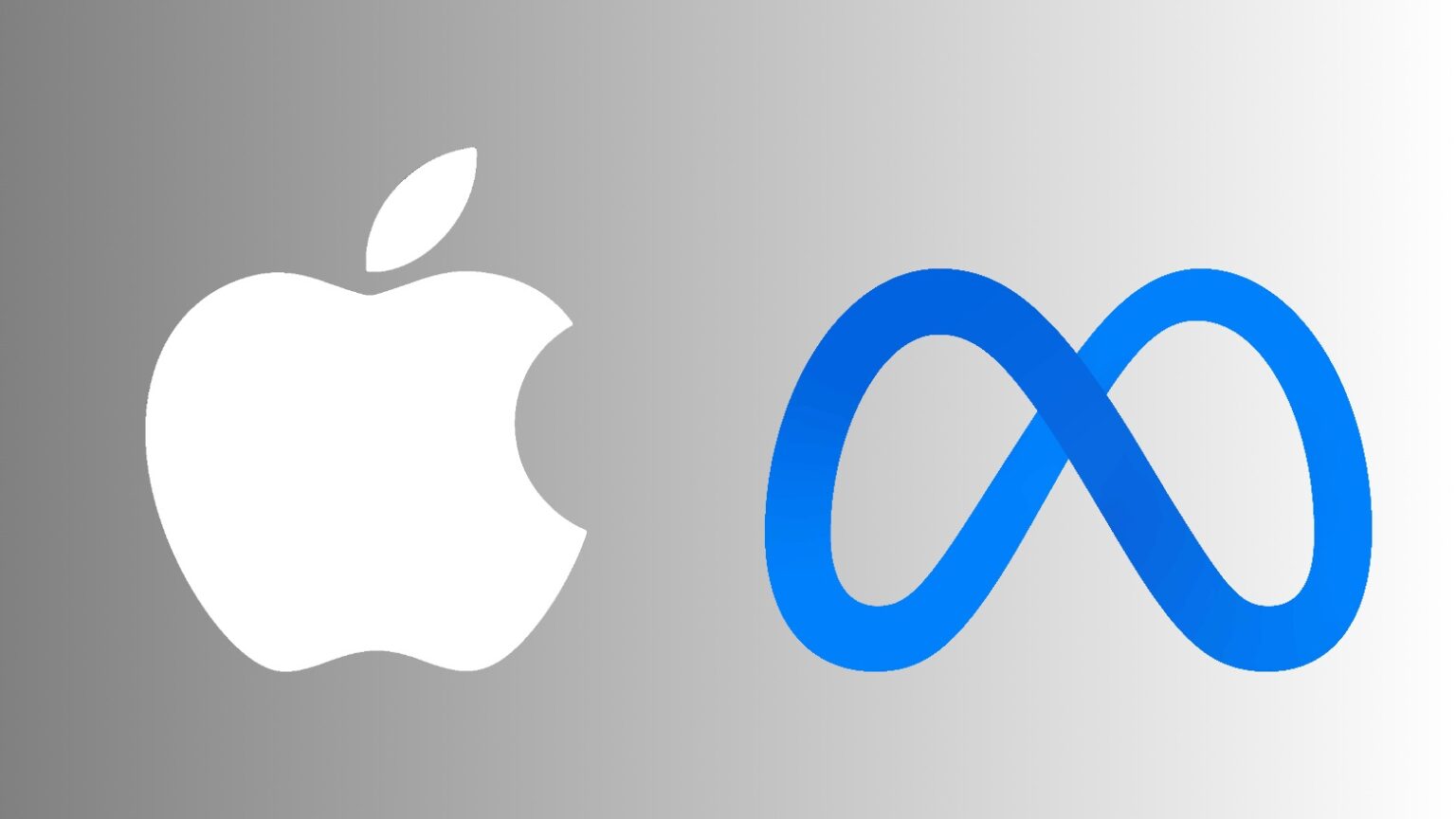Both Apple and Meta (formerly Facebook) are both building AR/VR headsets, but they’re going about it in dramatically different ways. Meta CEO Mark Zuckerberg reportedly told Meta employees the two companies are in “a competition of philosophies and ideas.”
It’s possible the metaverse is the future of the internet. And Zuckerberg describes Meta as being a leader in creating an open metaverse with multiple companies working together, while he says Apple is creating its own closed version.
But Zuckerberg’s comments ignore another major philosophical difference between the twin companies. Apple believes in protecting user privacy, but Meta makes its money by collecting and selling information about users.
Apple vs. Meta: A tale of two AR/VR headset strategies
Meta bought its way into the market for virtual reality headsets by purchasing Oculus in 2014. Apple isn’t expected to launch its first VR/AR headset until 2023, but the two tech titans are likely to end up going head-to-head for dominance. VR is still very much a niche product so it’s anyone’s game to win.
Who comes out on top matters because there are predictions that the metaverse will become the way people interact with the internet, like in Ready Player One. They’ll do their shopping, play games and read the news via VR. Meta seems to believe this.
And the Meta CEO recently held an employee Q&A session in which he discussed the coming VR rivalry between his company and Apple. His remarks leaked to The Verge.
“We’re approaching this in an open way and trying to build a more open ecosystem,” said Zuckerberg. “We created the Metaverse Open Standards Group with a bunch of other folks that you just mentioned, and Apple didn’t join.” Members of the standards group include Epic Games, Google, Intel, LG, Microsoft, Nvidia, Qualcomm, Sony Interactive and many more.
He went on to say predict that Apple is going to go its own way with virtual reality and augmented reality. “Apple, for a few generations of computing now, has been the closed provider of computing,” the Meta CEO told his employees. “They believe that by doing everything themselves and tightly integrating that they build a better consumer experience.”
He’s prepared for Apple to be a major Meta rival. “It’s a very deep, philosophical competition about what direction the internet should go in,” said Zuckerberg. “And I am proud of the investments that we’re making to help push forward the open metaverse.”
Meta is open to advertising
While Zuckerberg’s comments paint his company as being a champion of open standards, he makes no mention of any privacy protections in the metaverse he’s building. That’s because there are unlikely to be very many of them. Meta’s business model is collecting information about users on FaceBook, Instagram, etc. and then selling that information to advertisers. The Meta-led metaverse will surely allow the company to continue that model.
He did talk up a feature of Oculus products. “We basically deliver our devices at cost or at a slight subsidy, or slightly more than cost in some cases,” Zuckerberg told employees. “But the bottom line is our business is not primarily taking a premium on the devices. We want as many people to be interacting in there as possible.”
He made no mention that the reason Meta wants as many people in the metaverse as possible is because the company will surely build a personal profile on all of them and then auction that information to advertisers. In other words, people are buying Oculus VR gear by selling their privacy to Meta.
Apple, on the other hand, takes a strong stand on protecting the privacy of people using its devices. The most notable example is App Tracking Transparency, which Apple put in place to let iPhone/iPad users decide whether third-party applications can track them. The move cost Meta billions in advertising revenue – it can’t profit off users if it can’t track them to build personal profiles.
In another fundamental difference from Meta, Apple supposedly doesn’t intend to create a metaverse. Its VR headset will enable virtual reality games and other experiences, but these won’t be connected together into a virtual world. Meta, by contrast, sees the eventual primary purpose of VR gear to be accessing the metaverse.
The corporate rivalry will play out in the coming years, and go into high gear when Apple releases its VR/AR headset in the first half of 2023.


